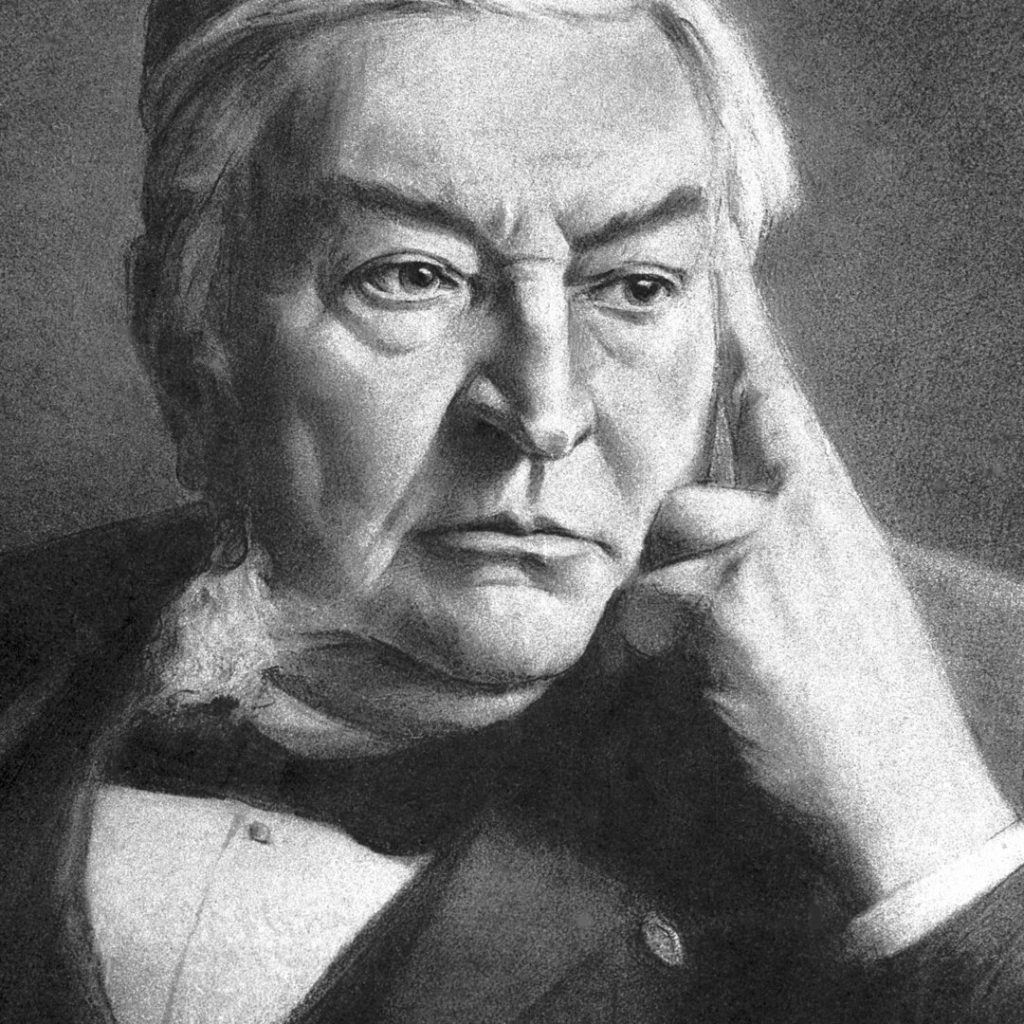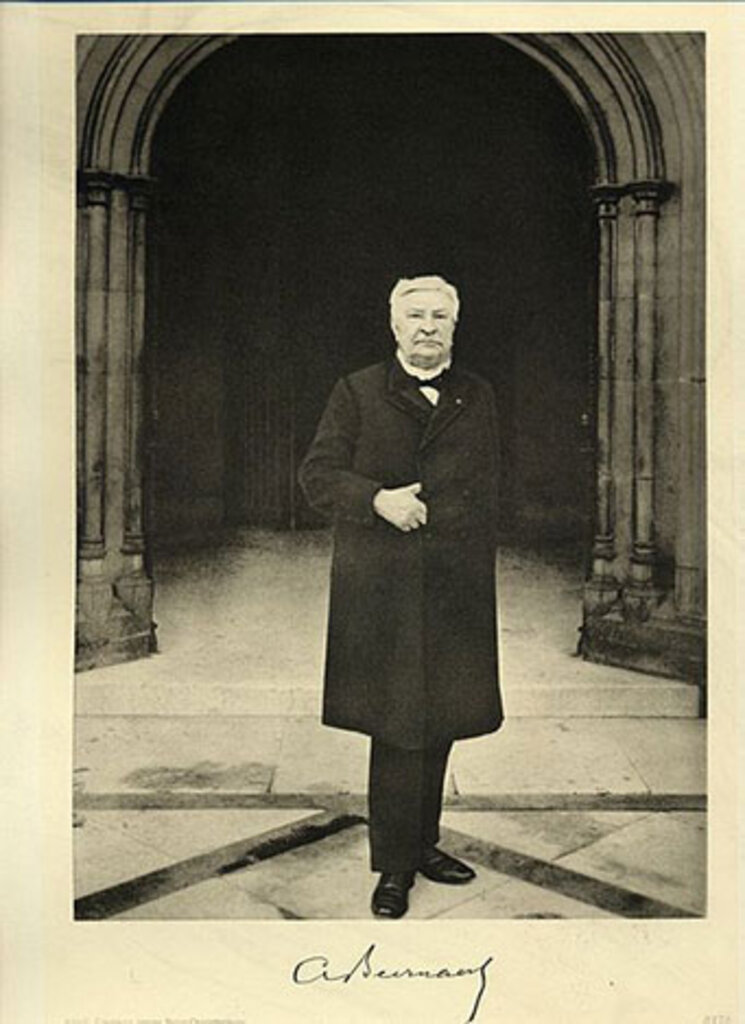Auguste Beernaert
Speed read
Auguste Beernaert was awarded the Nobel Peace Prize, jointly with Paul d’Estournelles de Constant, for his prominent position in the international movement for peace and arbitration.

Full name: Auguste Marie François Beernaert
Born: 26 July 1829, Ostend, Belgium
Died: 6 October 1912, Lucerne, Switzerland
Date awarded: 10 December 1909
Prime minister and parliamentarian
Auguste Beernaert was one of Belgium’s most renowned lawyers, and he served as prime minister for King Leopold II from 1884 to 1894. He gained his reputation as a prominent peace advocate through his work with the Inter-Parliamentary Union and the Hague Peace Conferences of 1899 and 1907. He presided over a commission in The Hague on the codification of land war, and he spoke out in support of small nations that wished to remain neutral in conflicts between major powers. In 1902, when the border dispute between Mexico and the USA was brought as the first case before the International Court of Arbitration in The Hague, Beernaert represented Mexico. Toward the end of his life, Beernaert fought to prevent aerial warfare. Just a few days before his death, he submitted a proposal to the 1912 Inter-Parliamentary Union conference in Geneva to ban this type of warfare.
"His work for the cause of peace is widely known in Europe, and his name renowned in the International Peace Conferences."
Jørgen Løvland, Chairman of the Nobel Committee, Presentation speech, 10 December 1909.

| Inter-Parliamentary Union Founded in 1889 to bring together representatives from various national assemblies for annual debates. Headquartered in Geneva. Works for the peaceful resolution of conflict between nations. Addresses topics such as disarmament, environmental protection, gender equality and current world conflicts. |
Inter-parliamentarian
Beernaert attended the meetings of the Inter-Parliamentary Union, which organised annual conferences for elected representatives from different countries. The purpose was to promote peace and understanding between nations. Beernaert presided over a number of conferences, and he supported the use of arbitration when conflicts arose. Although he believed in the value of the Permanent Court of Arbitration in The Hague, he did not agree that the court should have permanent judges. Instead he maintained that judges should be elected for each case and approved by the parties. Beernaert feared that permanent judges could be exploited by major powers to exert pressure on small nations.
"Auguste Beernaert always endeavoured to advance the adoption of compulsory arbitration, and arms limitation agreements."
Nadine Lubelski Bernard in Holl/Kjelling: The Nobel Peace Prize, page 118.
Learn more
Auguste Marie François Beernaert (July 26, 1829-October 6, 1912) was born in Ostend, Belgium, in a middle-class Catholic family of Flemish origin ...
Disclaimer: Every effort has been made by the publisher to credit organisations and individuals with regard to the supply of photographs. Please notify the publishers regarding corrections.
Nobel Prizes and laureates
Six prizes were awarded for achievements that have conferred the greatest benefit to humankind. The 12 laureates' work and discoveries range from proteins' structures and machine learning to fighting for a world free of nuclear weapons.
See them all presented here.
